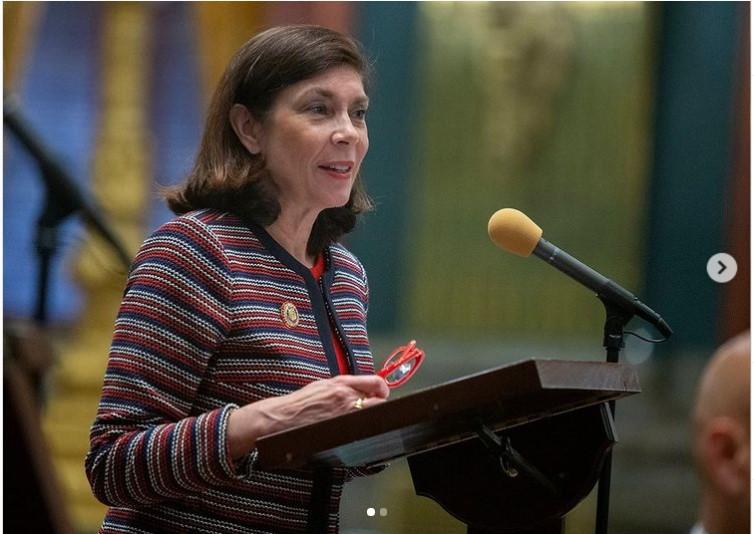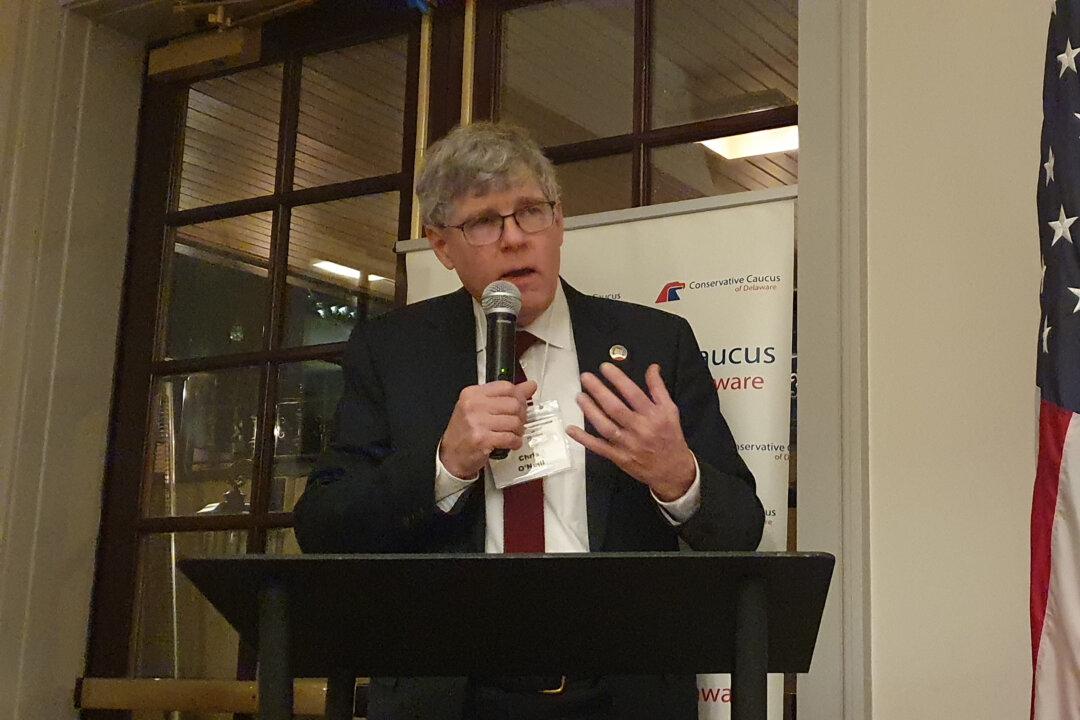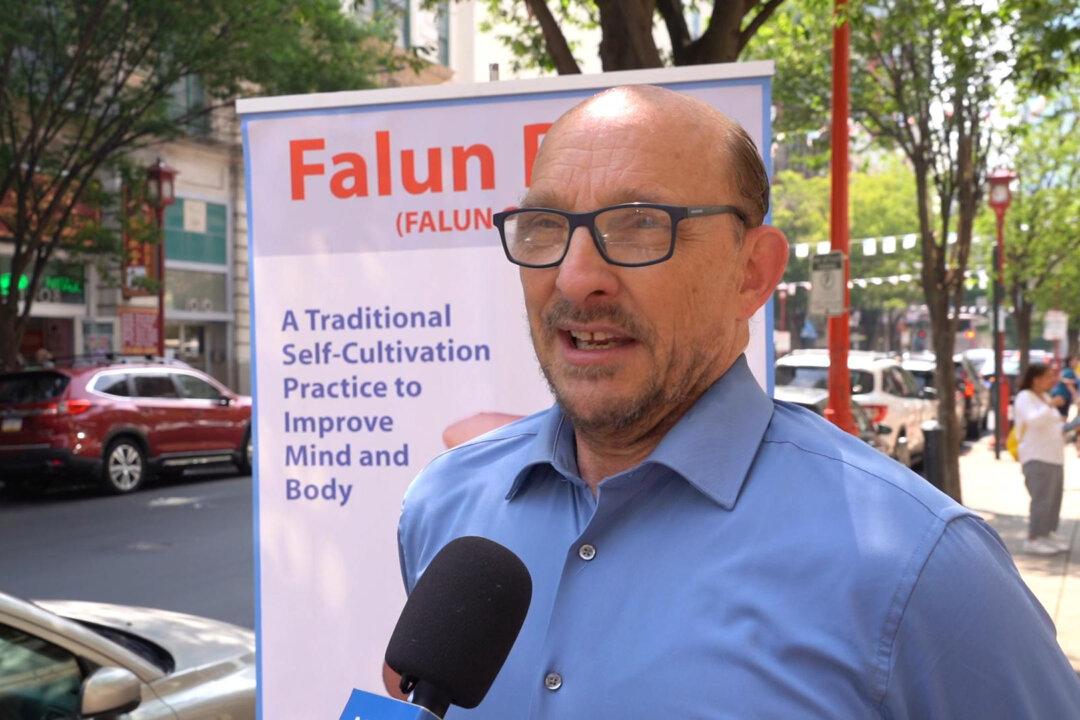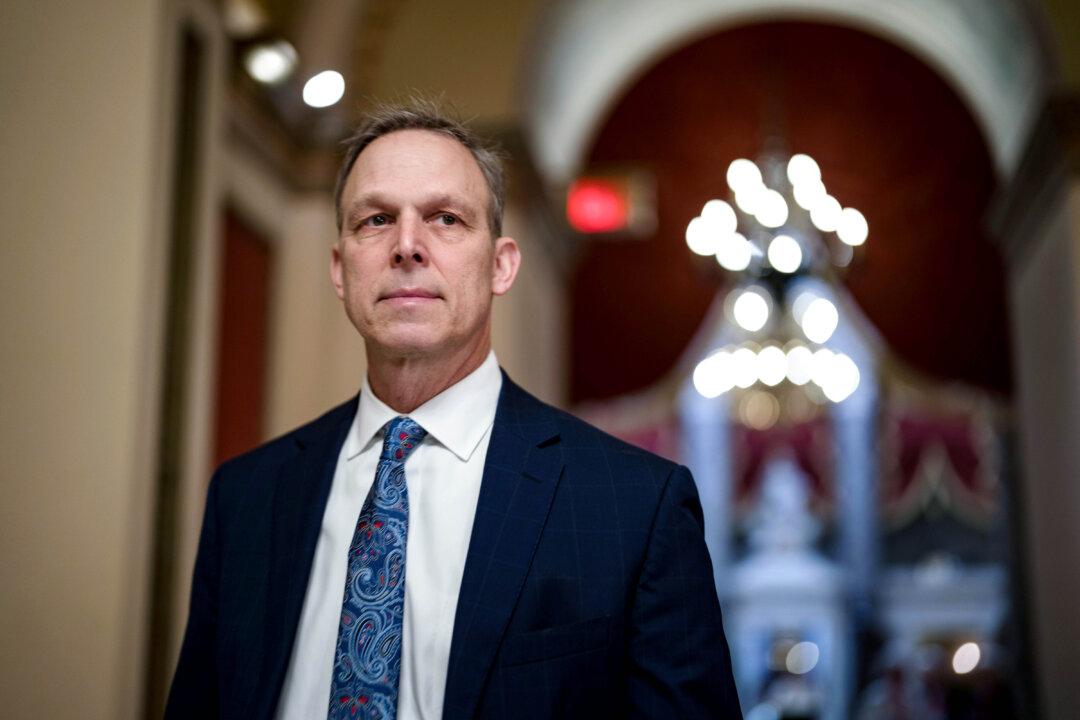The General Assembly of Pennsylvania approved legislation that would preserve medical freedoms for Pennsylvanians by prohibiting the use of vaccine passports and limiting the powers of the Department of Health, but it was vetoed today by Gov. Tom Wolf.
The bill’s primary sponsor, state Sen. Kristin Phillips-Hill, a Republican and chair of the Senate Communications and Technology Committee told The Epoch Times: “This bill is mainly to protect the privacy of personal information, and it assures your freedom as a citizen of the Commonwealth of Pennsylvania, that the government is not going to restrict your ability to live your daily lives.”




